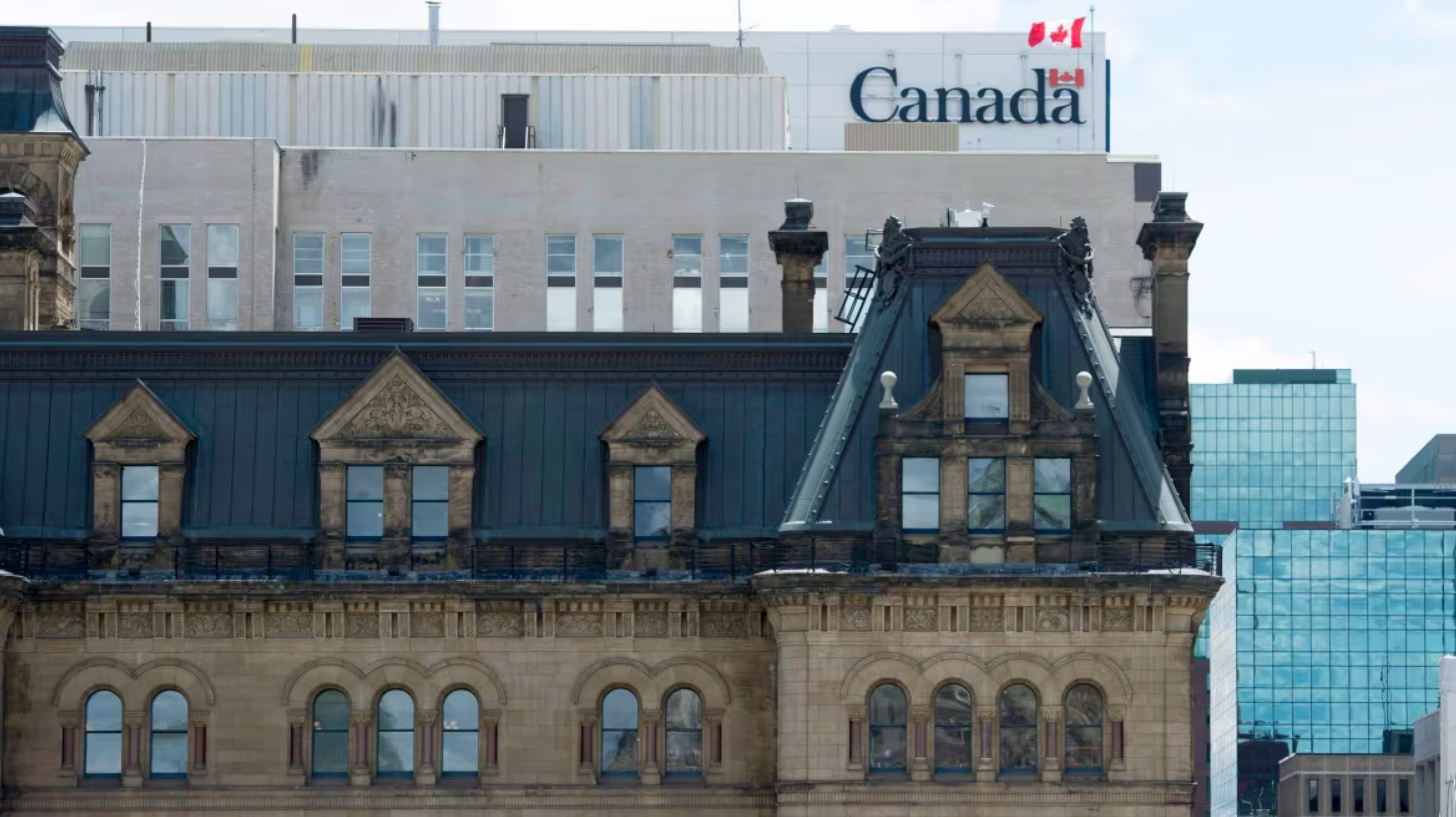That's fair. Actually I don't think you're nit picking, you're pointing to something that gets to the heart of a critical issue with politics.
The AB NDP aren't far enough left for my taste, and I wish they would have made more meaningful investments and reforms to the education and healthcare systems to make those systems more robust, inclusive, and responsive to the people who use those systems. In not doing that to the degree that I think is fair, I believe they caused harm.
I'm not a policy wonk, and I know that only so much can be accomplished during a single term in office. And as we've seen in AB, much work can be undone by a new administration. But in Alberta, to still have private schools that receive public funding, household declarations allowing tax dollars to funnel into special, separate schools where religious dogma is part of the program of studies, and class sizes being what they are - all these things, according to my values and interests, cause measurable harm. Allowing monopolistic privatized telecom and insurance industries who collude to keep prices high, makes it harder for struggling families to eat and live. Going further, it's arguable that not having a provincial sales tax that directly funds hospitals to improve their ability to efficiently administer emergency care, leads to unnecessary suffering and death. Yet, I have to accept that other citizens with different values and interests than mine will have different, yet still rational and reasonable views about these points.
I don't mean to sound like I'm 'both sides'-ing. I'm just making a comment that political choices are complex. I don't think it's fair to look at 54% of the votes cast for the UCP, and use that as a justification to make sweeping statements about the mindsets of those voters. The petitioners in Barrhead are a good example of the fact that even in a hardcore conservative area, anti inclusive mentalities remain a minority view. I think it's troubling that there are 712 people in Barrhead willing to sign their name to a petition to eliminate pride crosswalks. But the fact that there are only 712 is honestly a relief, in the bigger picture. But the media takes a different angle. And then people say "fuck Alberta, that place is full of crazy people", when the evidence actually suggests that Albertan citizens might be more caring and inclusive than they get credit for. That's all I'm trying to say.
I think the less we write each other off, & the more we actually talk to each other in good faith about issues, values, and ways forward, the better we can be as a society. Political parties are designed to grind whatever axe they think will get or keep them elected. But, every citizen can and should be doing the hard work of honest discourse, regardless of their political stripe.

You're right to point out the difficulty of preparing installation media.
Also, for the average person, friction will probably happen during installation - possibly having to circumvent safe boot to install and run a new OS (knowing how to enter the bios, feeling comfortable playing around in the bios, knowing how to even disable safe boot once you're there, not exposing your device to security vulnerabilities by having safe boot disabled), the need for an existing understanding of how partitions work and how the partitions are structured on your specific device in order to test the waters with a dual boot setup on a drive that has data/functionality you want to preserve. Needing to know the 'what' and 'why' of swap, /home, and /root partitions. These points all came up on a recent installation, and I'm sure they would scare some people off.
Installation will be easy if you have the time, motivation, existing knowledge and/or bandwidth for a learning curve. But not everybody has that.
And that's just installation, to say nothing of the actual use of the desktop environment, which is not as intuitive as its often claimed to be.